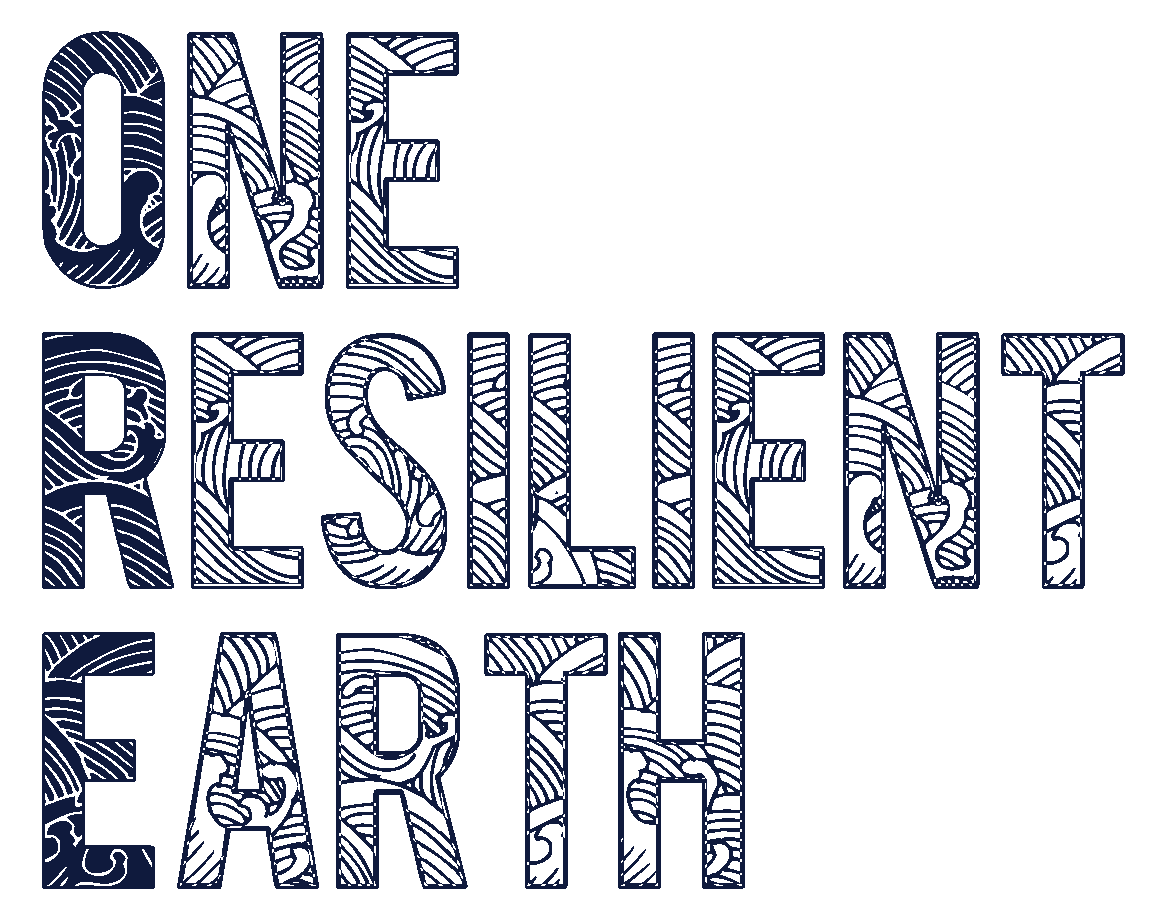The Open Mind Series is a selection of interviews with artists, designers and other ‘creators’ from around the world giving us an insight into how they see the world now and tomorrow. No qualifications required. No taboo. No right or wrong. Just openness. And artworks.
How do you imagine the world in 20 years?
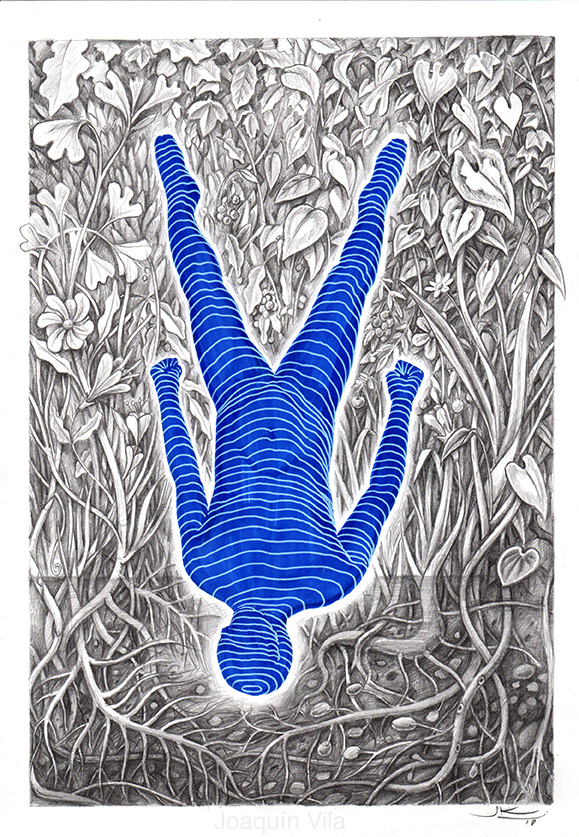
I imagine it with more extremes. People more aware and people farther from consciousness. More technology but also more self-sufficiency. More agroecology and more virtual worlds. More activism, more social struggles. More radicalisms. I’m afraid to think about it and at the same time it excites me. Twenty years ago I was studying at the university, and I was already talking about ecology, climate change and nature deficit in my artistic work, but I was a weirdo, the “hippy” who likes plants and all that. Stereotypes. Today there are ecology departments in fine arts universities and many students deal with these topics on a daily basis. Doctoral theses are written and conference cycles are organized. Even museums and art centers have room for these themes in their annual programs. So I see that the tendency is to grow, in the sense of consciousness. As urban gardens, organic farming and social movements linked to climate change or to the fight for inequalities have grown. But also conservative and mercantilist thoughts grow and strengthen. Trash TV programs spend more hours on television programming. Synthetic drugs evolve and spread, technologies invade our lives separating us from each other, and social inequalities increase and they get extreme. There will be more and more millionaires and more misery. Or not. Hopefully not so.
How do you imagine the world in 1000 years?
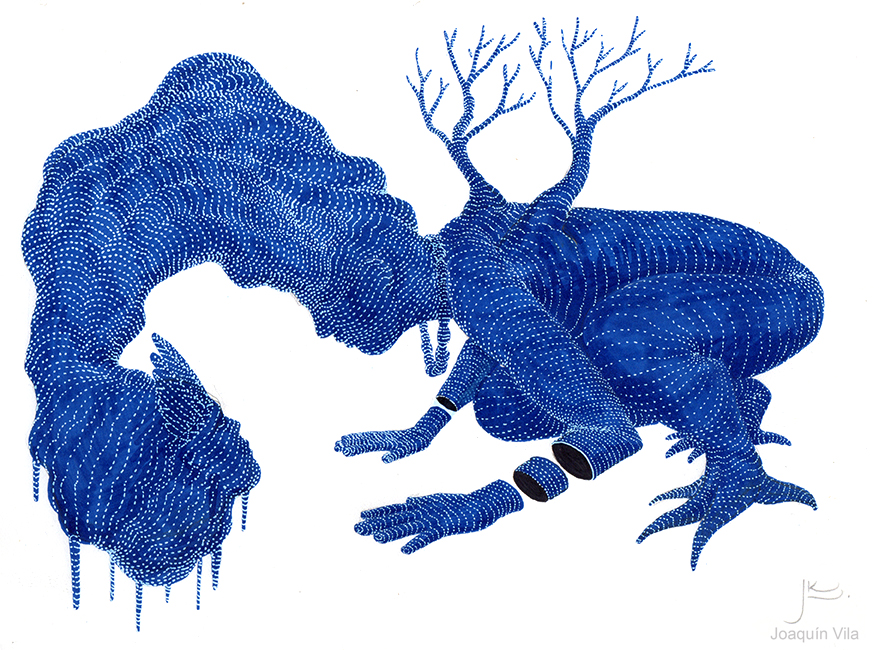
Uff, the truth is… I imagine the world without humans, very green, renatured. With nature invading everything, recovering its position, occupying endless ruins of cement, brick and asphalt. I see no future for the human race sorry. We are the worst plague that could have existed on this planet, according to my clear criteria (although I don’t know anything about pests, it’s just a feeling). And if I see any future for the human being, it is transcending beyond the physical, overcoming materialism and evolving towards a higher state of consciousness.
What is the plant, animal or object that most inspires you and how?
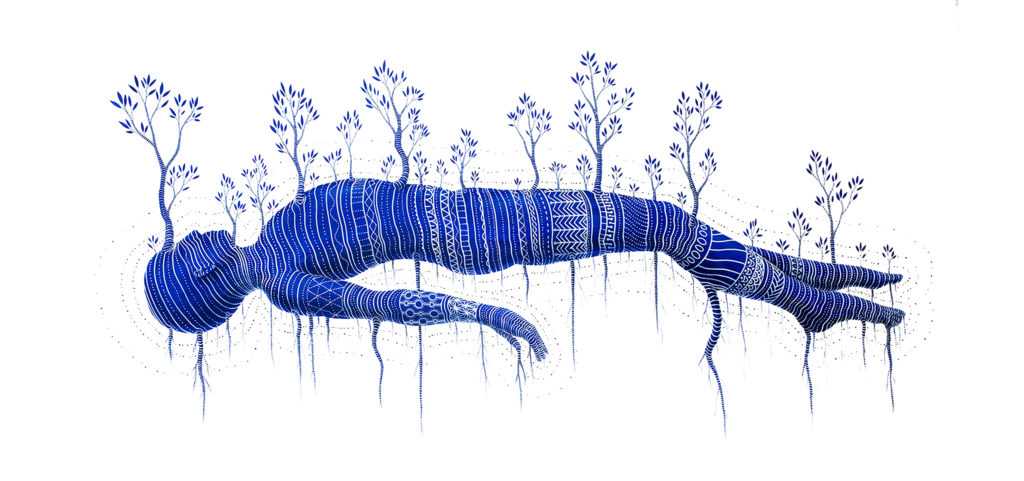
In general, trees are what inspire me the most. In the past, it was the cedars with which I connected the most. There were many in my grandparents’ garden and they fascinated me. I loved climbing them to a very high altitude and staying there hugging, feeling and seeing the horizon, the view from the trees. In my adolescence I had many visions with them and with the elementals that inhabit them.
Animal, the wolf clearly, is my totem of birth, my sacred animal and is always very present in my life.
Object: If I had to choose an object I would say the pencil. I always carry one with me wherever I go. The pencil is a door to infinity. It is my tool par excellence. It helps me think, reflect, and express myself.
What is the emotion that drives you in your work?
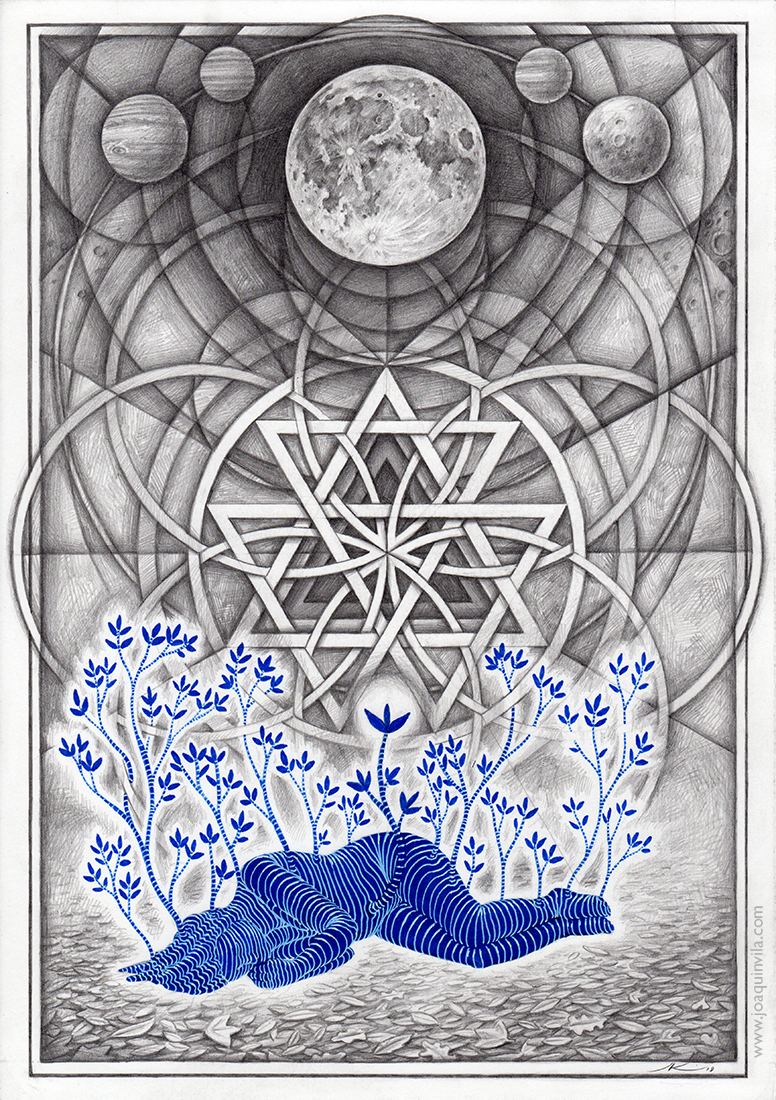
It is difficult to choose only one emotion, since there are many that guide me.
Perhaps the most important is a very deep emotion of feeling the union with the natural, which is very difficult for me to explain with words and I can only express it through art. Since I was little I have felt very linked to the wild, it is in the middle of nature where I feel happiest and most comfortable, where I really am.
On the other hand there is also the emotion of peace and serenity, which accompany everything I do. If I don’t work from that emotion, I couldn’t do what I do.
There is also an emotion of serving the world and others, what I do I do not do for me, I do it for the world, to help heal it and make it a little better. For me, every painting I make is a ceremony, a ritual in itself.
What does community mean to you personally?

What can best define the concept of community, for me, is the word Ubuntu and what it implies. It means that what is good for one has to be good for all. If the well-being of one implies the discomfort of others, then it is not community. Community is balance, mutual support and union. Throughout my life I have visited many community projects and lived in several for some years, both urban and rural. I have learned a lot from this and I think it is the future we must go to. But understanding community not as a house where many people live mixed together and sharing everything. But spaces like the ones we inhabit today, towns or cities, where everyone lives in their own home, but shares certain things with those around them. Where things are shared, such as upbringing, education, knowledge, tools, but all in order to make it good for everyone, without selfishness.
Community also means having a good relationship with your neighbors, talking to them, communicating, taking care of each other, helping each other, sharing certain things, doing things together from time to time, living together and coexisting.
How do you connect with the Earth today?
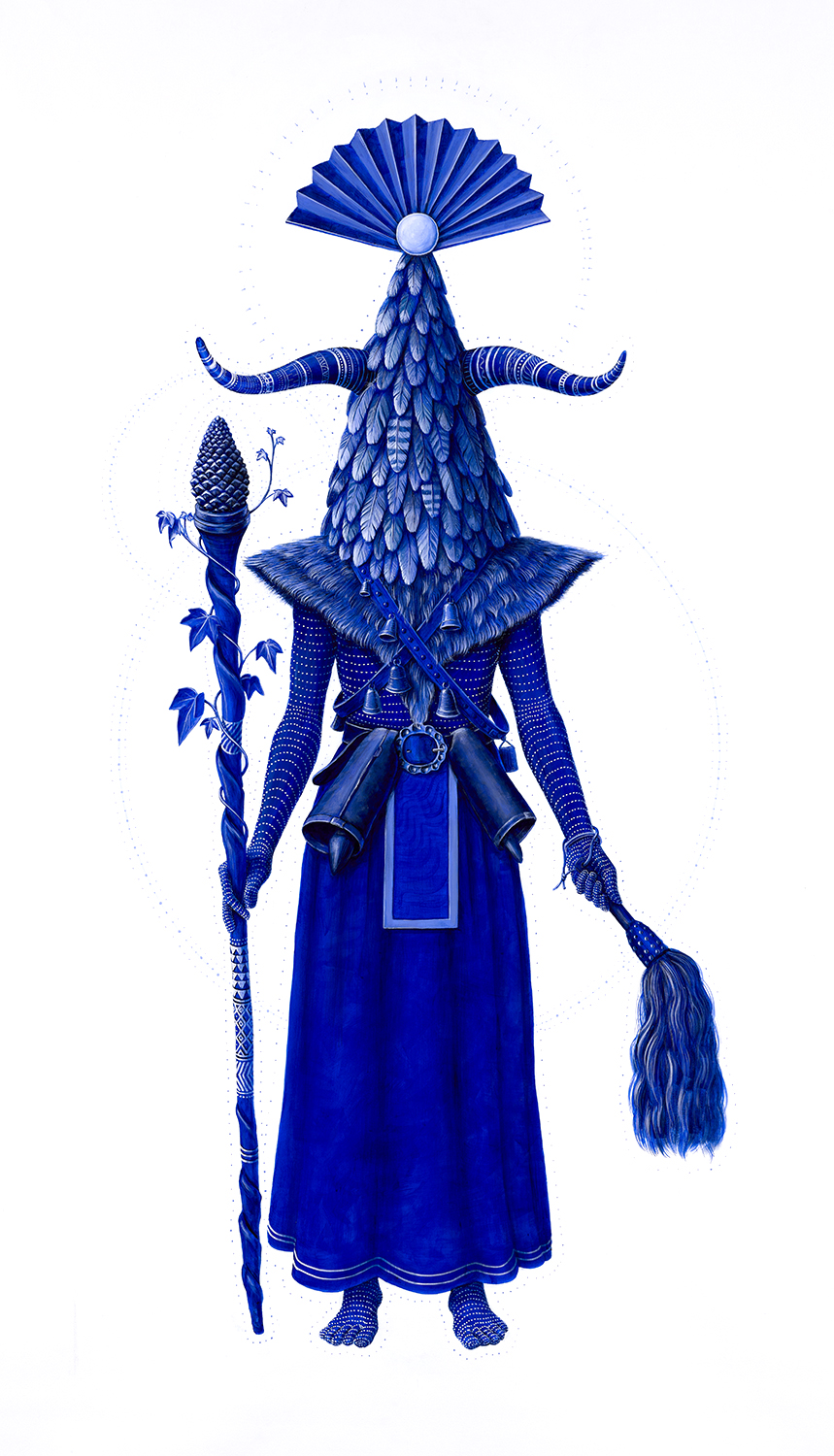
My most direct way to connect with the Earth is basically when I go for a walk in the countryside, alone or with my family. It is something I do almost every day, and I breathe deep, I look at the horizon, I lie on the ground, I observe the sky and feel the energy of the earth. Also when I talk to the moon on clear nights, she is my faithful advisor. When I paint I also connect with the earth, but inwards, towards the spiritual.
I would change the cities, make them greener and have more public meeting spaces, managed by the neighbors. It would also blur the line that separates the city from the countryside, interconnecting them, for example, making agriculture and livestock farming closer to cities and making culture more present in rural areas.
I would also like to change the social pyramid. I would make farmers and all those who work to feed others, be at the highest point, followed by educators and teachers, sanitarians (doctors and nurses) and all who work in culture. I think that all these people deserve to be there and to be respected, valued and praised by all of society, because they carry out very important tasks. Furthermore, they are professions that should be much better paid.
In Spain, where I come from, to be a farmer is to be something with very little value. It is unfortunately very discredited and has always been associated with being an uneducated and illiterate person. It is something that hurts me a lot.
As someone once said when he gave a talk at a University: What is better … knowing how to write the word wine or knowing how to make wine?
What is your dream for the arts world?
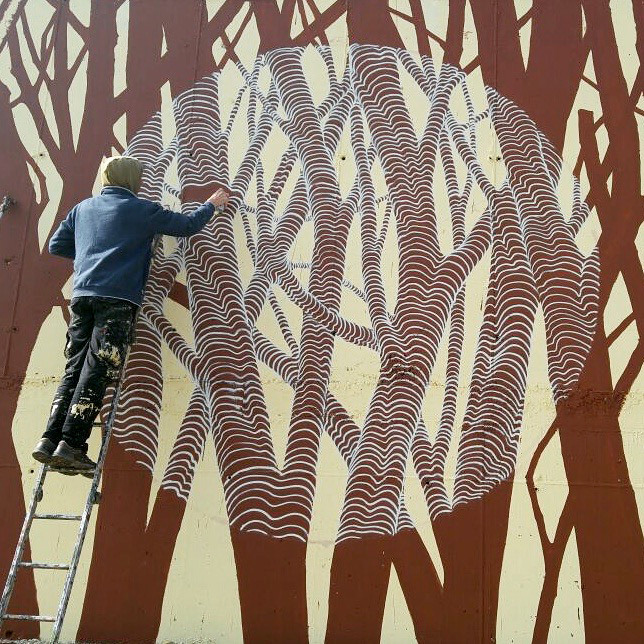
My dream would be for art to be given much more value in society. That it is considered something of a necessity. That art becomes one of the main compulsory subjects in colleges, institutes and universities. But always from the perspective of developing the student’s creativity and abilities. Working as a team with the other subjects, it should be a transversal subject, which works in all the others.
When you are young and you say you want to dedicate your life to art, what your family and friends usually tell you is that you are going to starve. No one supports you. It is frowned upon. But if you fight for it and manage to earn a living and excel, then they admire you. It is very hypocritical. It is a very tough obstacle race that many great artists abandon. Much is said about avant-garde and Renaissance and Baroque artists, but practically no support is given to current artists. There is very little help. And those who end up triumphing are those who go abroad and are valued in other countries. There is a phrase that says: No one is a prophet in his own land. (I am talking from my experience as a Spanish artist.)
What’s the best thing on earth?
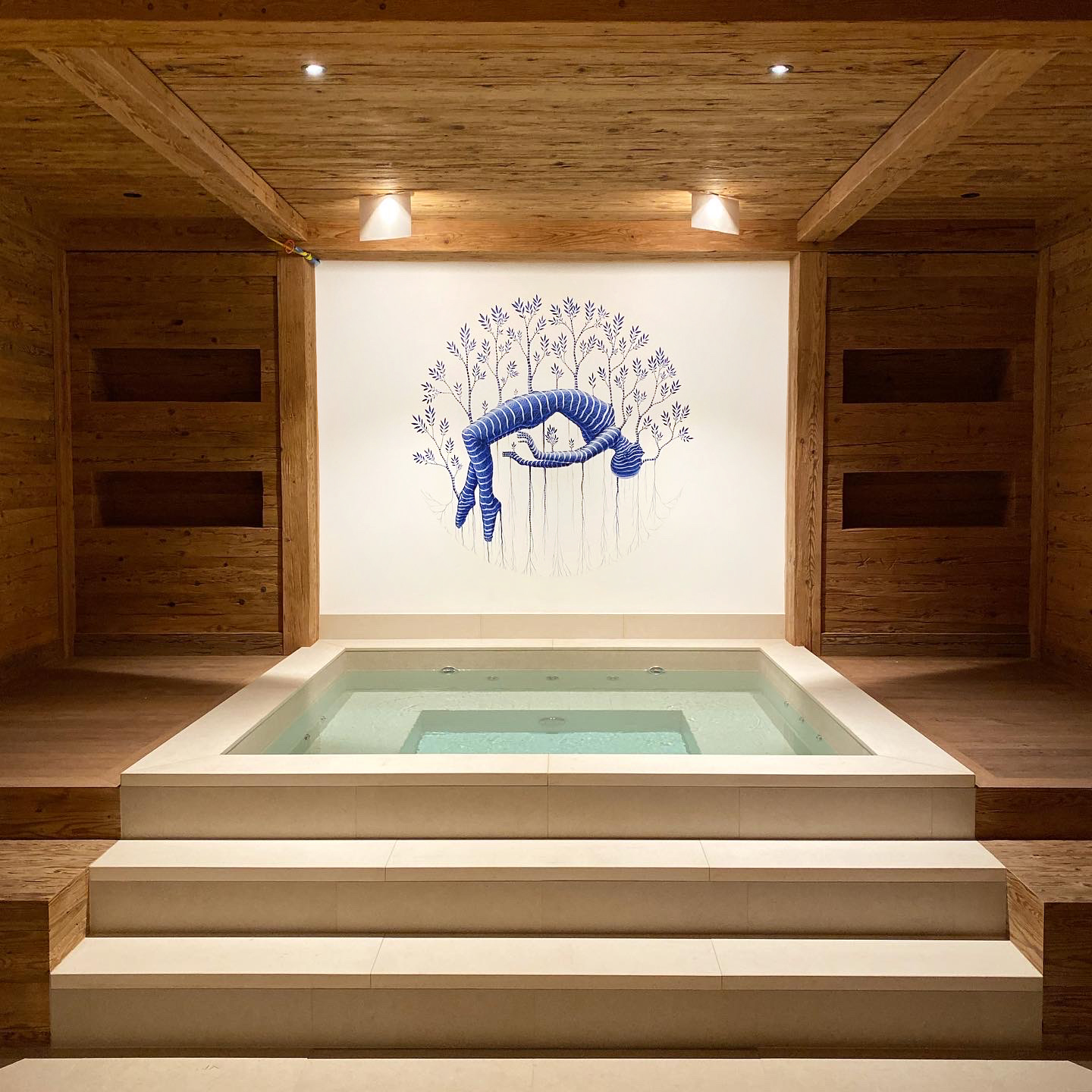
The best thing on Earth is the Earth itself. It is so fascinating, so magical, so inexplicable. In general, life, how it arises, how it adapts, transforms, how it evolves, ……. there are no words that can describe it. For me the most wonderful thing that I have been able to live and that I cannot find how to explain in any way, not even with art, has been the birth of my son. As humans, I think we will never be able to understand, much less explain, how life arises …… it blows my mind just trying to think about it. And at the same time it produces so much fascination and so much love.
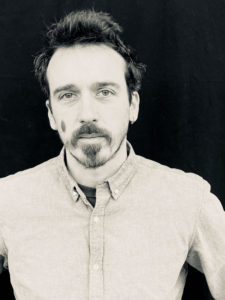
Joaquín Vila is a visual artist, muralist and scientific illustrator, based in Madrid, Spain. His artistic career is governed by the constant investigation into the connection between the human being and the natural world, focusing on the study of the processes of transformation, and symbiosis that occur in nature, representing life beyond the physical. “With my art I try to help people to connect with themselves and with the most profound nature of their beings. For me each piece of art is a ritual, a ceremony and an altar in itself.”
